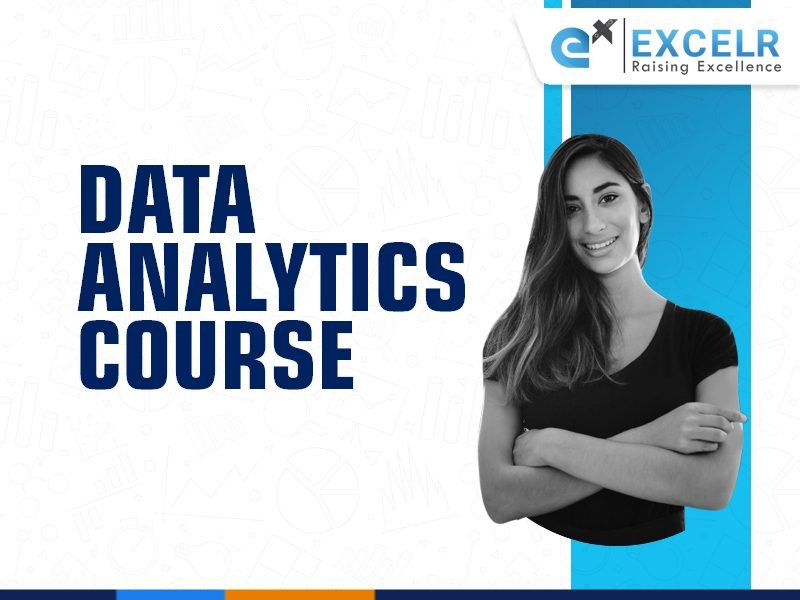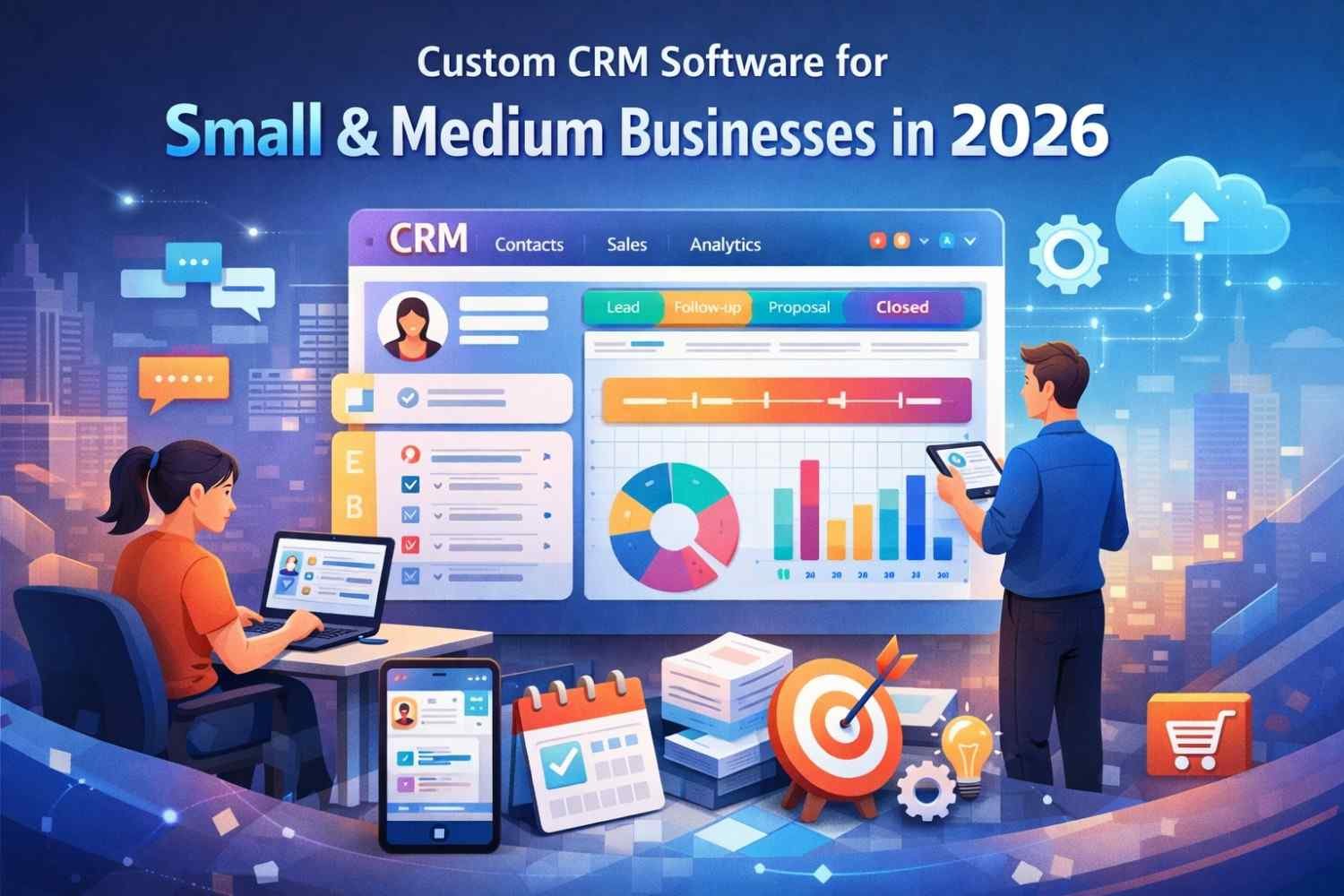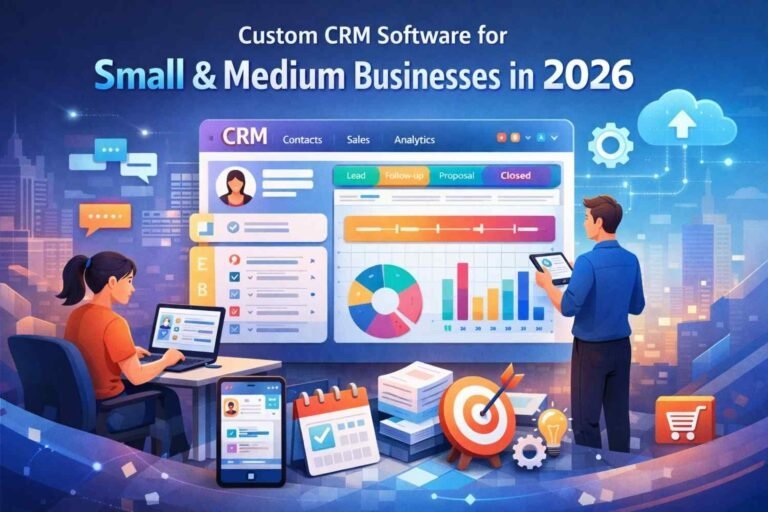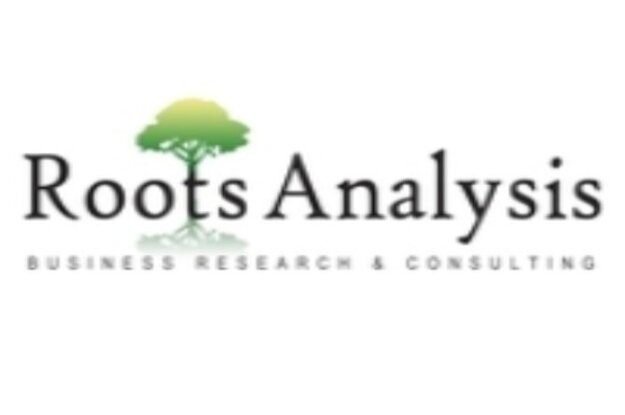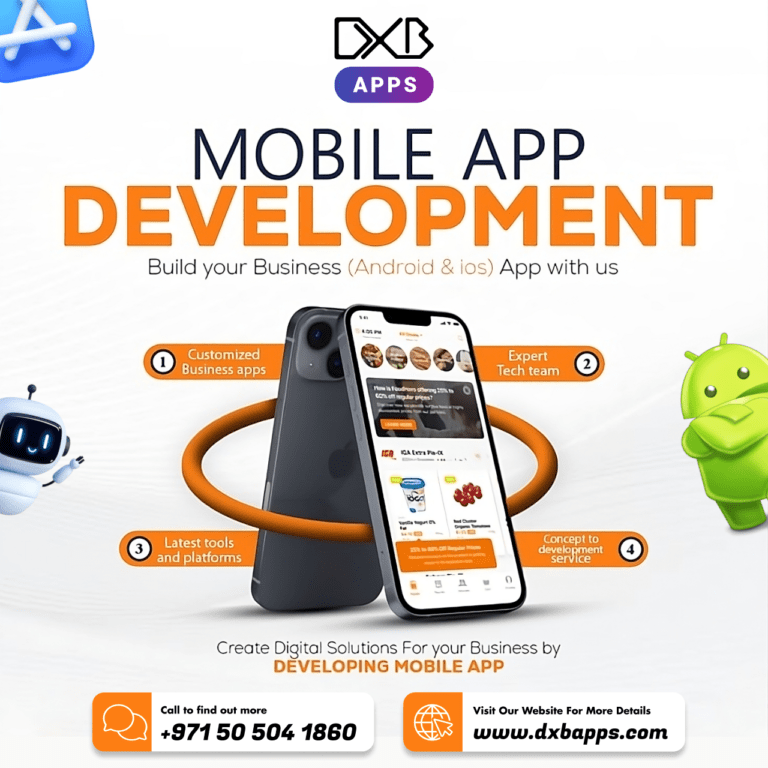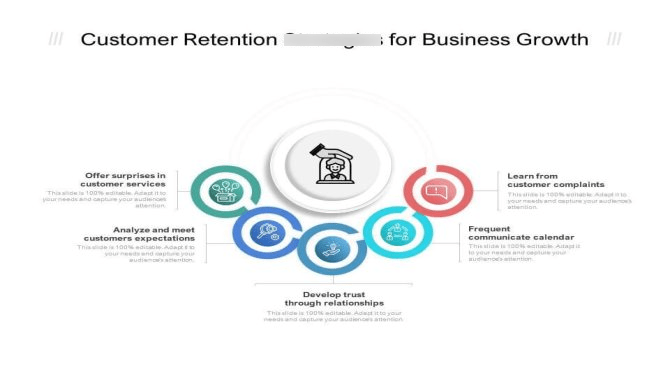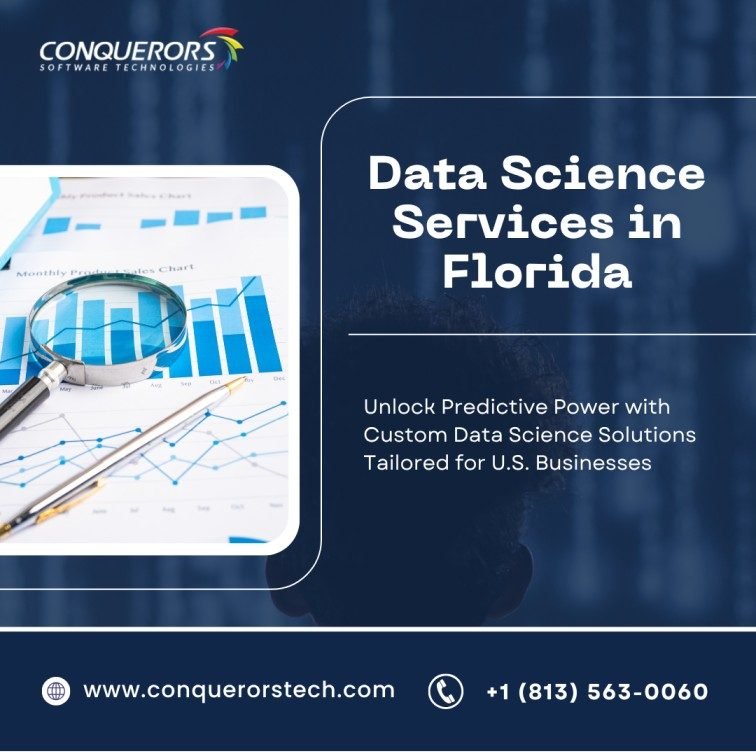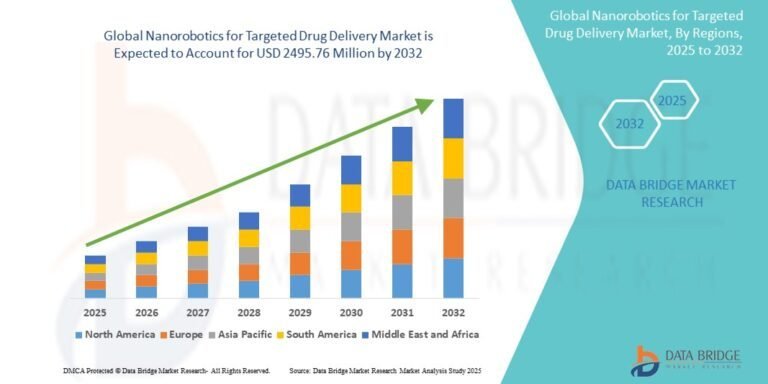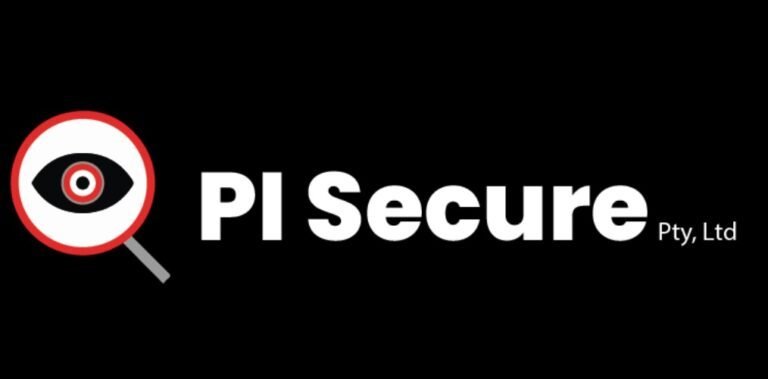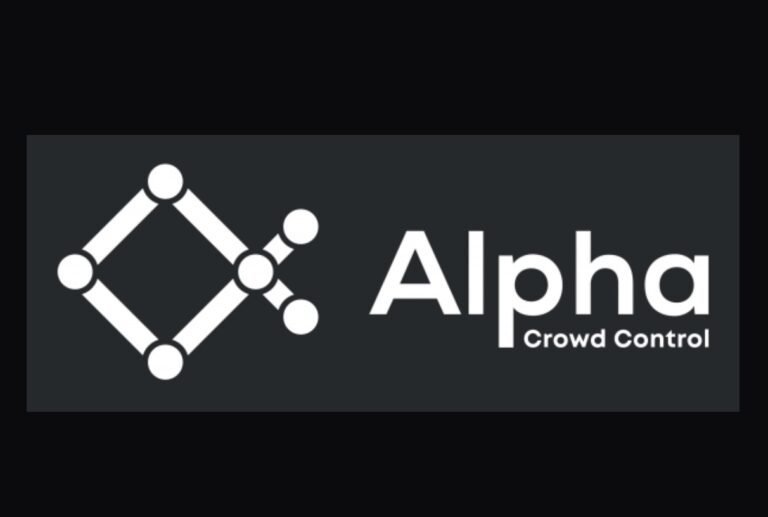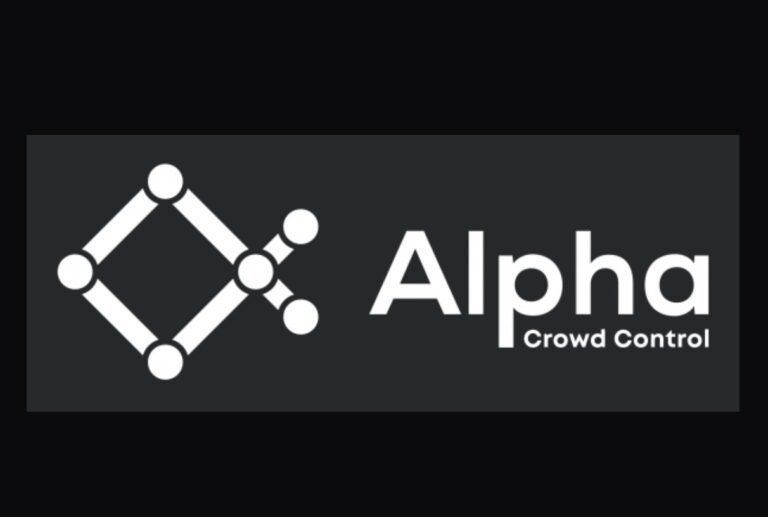Data is everywhere, yet the right to privacy is becoming more entrenched in legislation around the world. For analysts who collect, transform, and share information daily, understanding data-protection rules is no longer optional. Mistakes can cost organisations millions in fines and, just as damaging, erode hard-won customer trust. This article walks through the most influential privacy laws, explains why they matter to analytics teams, and offers practical tips for staying compliant.
Global Momentum Toward Stronger Protection
Over the past decade, governments have tightened regulations to keep pace with cloud computing, mobile apps, and AI. While requirements vary, three themes appear consistently: informed consent, minimal data collection, and clear breach-notification duties. Analysts who embed these principles in workflows—rather than bolting them on later—reduce risk and speed project approvals.
General Data Protection Regulation (GDPR)
Implemented in 2018, the European Union’s GDPR remains the benchmark for privacy legislation worldwide. It applies to any organisation processing EU residents’ personal data, regardless of where the business is based. Core concepts every analyst should know include:
• Legal bases: Processing must rely on consent, contract, legitimate interest, or another lawful ground.
• Data minimisation: Collect only what is necessary for a defined purpose.
• Subject rights: Individuals can access, rectify, and erase their data. Analysts must ensure pipelines can locate and update records quickly.
• Breach notification: Most incidents must be reported to authorities within 72 hours.
California Consumer Privacy Act (CCPA/CPRA)
The CCPA, enhanced by the California Privacy Rights Act (CPRA), extends many GDPR-like rights to California residents. It focuses heavily on transparency and sale or sharing of personal information. Analysts need to maintain data inventories that detail what categories of information are collected, why, and with whom they are shared.
Healthcare: HIPAA and Beyond
In the United States, the Health Insurance Portability and Accountability Act safeguards protected health information (PHI). Any dataset containing diagnosis codes, lab results, or patient identifiers must be de-identified or handled under strict safeguards. Similar sector-specific laws exist elsewhere, such as Canada’s Personal Health Information Protection Act (PHIPA) and the EU’s General Data Protection Regulation’s special-category data provisions.
India’s Digital Personal Data Protection Act, 2023
India’s long-awaited DPDP Act emphasises consent-first processing, purpose limitation, and data fiduciary accountability. Analysts working with Indian consumer information must implement consent tracking, define explicit retention schedules, and allow users to correct or delete records quickly. Fines for non-compliance can reach 250 crore rupees per incident, putting real weight behind the rules.
Implications for Analytics Workflows
Consent capture and lineage
Every dataset should carry metadata on its consent basis and allowed uses. Store this information alongside tables so downstream users cannot overlook restrictions. Modern catalog tools can embed policy tags that propagate through transformation jobs.
Privacy by design
Anonymise or pseudonymise data as early as possible. Aggregating at the lowest useful granularity not only protects privacy but often improves query performance. Where detailed information is essential, use tokenisation to separate identifiers from attributes.
User rights fulfilment
Build “find and forget” capabilities: queries that locate all personal records for a given user ID and remove or export them on demand. Automate these routines and log fulfilment times; many laws require proof that requests were met within statutory deadlines.
Incident response readiness
Map data flows so security and analytics teams know which systems feed each dashboard. This documentation speeds containment and notification if breaches occur. Regular drills help analysts practice isolating compromised tables, rotating keys, and restoring clean versions.
Linking Privacy Skills to Career Growth
Employers increasingly seek analysts who can balance insight with compliance. Training programmes—whether internal workshops or external certifications—should cover law fundamentals, secure coding, and data-governance tooling. Mid-career professionals in India are finding that data analytics training in Hyderabad often blends these topics with case studies on consent handling, making graduates valuable to regulated industries.
Emerging Trends Analysts Should Track
• Privacy-enhancing technologies: Differential privacy, homomorphic encryption, and secure enclaves let teams analyse sensitive data without exposing individuals.
• Cross-border data transfer frameworks: The EU-US Data Privacy Framework and Standard Contractual Clauses govern international flows; analysts must flag tables that cross jurisdictions.
• AI regulations: Europe’s draft AI Act and similar proposals elsewhere will impose new transparency and risk-assessment duties on algorithmic models.
Practical Compliance Checklist for Analysts
- Map data sources and classify personal, sensitive, and public fields.
- Apply the principle of least privilege—only authorised users can access row-level data.
- Document lawful basis and retention periods for each dataset.
- Mask or aggregate identifiers before sharing with downstream teams.
- Incorporate privacy tests in ETL pipelines (e.g., no unexpected columns, no duplicate IDs).
- Log all access and transformations for audit readiness.
- Review dashboards quarterly to retire unused personal fields.
- Stay informed through legal briefings, vendor updates, and specialist communities.
Conclusion
Data privacy laws are evolving, but their direction is clear: individuals expect control, transparency, and security. Analysts sit at the nexus where raw information becomes business value, making their understanding of compliance pivotal. By mastering consent tracking, minimisation, and rapid rights fulfilment, analysts not only guard against fines but also enhance stakeholder trust. Continuous learning—through peer groups, legal updates, or data analytics training in Hyderabad that integrates governance with technical skills—keeps teams ahead of regulatory change. In the long run, a privacy-first mindset is not a burden; it is a competitive advantage that unlocks data’s full potential while respecting those who provide it.
For more details: enquri@excelr.com
Ph: 18002122121
